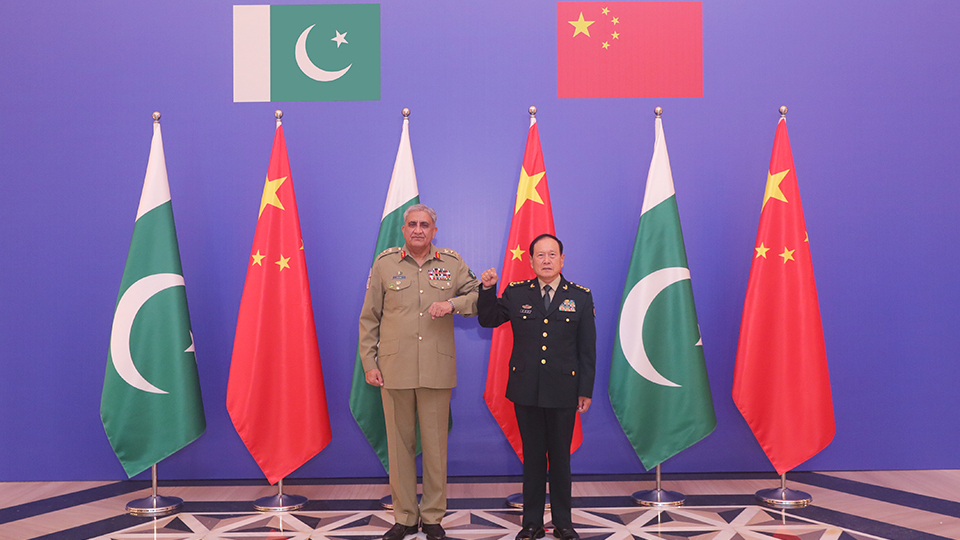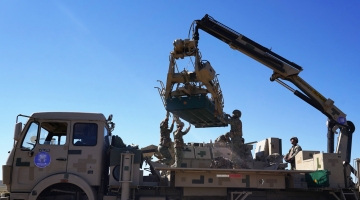
US cyber warfare officers are processing intelligence.
American media recently revealed that some social media companies have discovered and shut down huge amounts of fake accounts that are suspected to be operated by the US military to carry out secret information warfare in order to better manipulate overseas audiences. As a matter of fact, the American military’s secret information warfare is no news anymore and relevant combat forces have already formed a primary scale and are likely to exert negative impacts on global security and stability.
Weaponization of social media
What the US media recently revealed about the military’s information warfare is just the tip of the iceberg. From Operation Mockingbird launched during the Cold War to buy the media to manipulate public opinions to the “washing powder” and “white helmet” activities in the new century that gave the excuse to start wars on Iraq and Syria, the US has become pretty adept at fabricating and spreading disinformation to get what it wants. Within the US military, information warfare and psychological warfare have become important forms of combat. The US Commandant of the Marine Corps David Berger said the Marines Corps hope to take the upper hand in the information race because controlling, understanding and using the information usually puts them at an advantage.
Regarding top-level design, the US DoD has guided the army, navy and air force since 2015 to release their revised manuals on social media management and use, and the Marines Corps and National Guard have also released such manuals. After Biden came into office, he re-evaluated the security status of the military’s social network management and gave orders that specify the rules and requirements regarding social media’s confidentiality issue, logging in on social media platforms, and online information.
In practice, the US military has conducted targeted information warfare for different scenarios and with different effects. This is particularly effective in regions with a less developed network. For instance, due to the low literacy rate, lack of Internet, and the confiscation of smart phones by anti-government armed forces, the information environment in rural Somalia is extremely controlled. The US psychological warfare team and Somalian National Army disseminated brochures, posters, stickers and leaflets there along with explanatory pictures, which has have taken some effect.
Normalized use of information warfare in the future
German writer Michael Lüders pointed out in his book Die scheinheiligeSupermacht (The Hypocritical Superpower) that the US government is very adept at selecting and distorting facts, limiting the source of information and polarizing public opinions in order to blur the facts and influence people’s judgment . Going forward, the US military may continue to step up the execution of psychological warfare, whose potential consequences shall not be underestimated.
On the one hand, the technologies and skills may be updated. The US military will continue to use AI, big data, cloud computing, and other tools to make information warfare more effective. For example, the US Army Futures Command is busy setting up a software plant to train its software developers and platform engineers. The United States Army Intelligence and Security Command (INSCOM) is also putting together a cyber military intelligence group to develop complex information environments.
On the other hand, the negative impacts may keep emerging. Former Secretary of State Hillary Clinton once said without mincing words that hackers can support the Internet civilians protesting on the street of Russia. That’s what we did during the Arab Spring. I was the Secretary of State then, and I thought we could attack the network of Russian government bodies. America’s smearing of other countries, concoction of fake news, and spread of lies and rumors will all come back to hurt itself. As New York Times commented, the US has lost its credibility.











